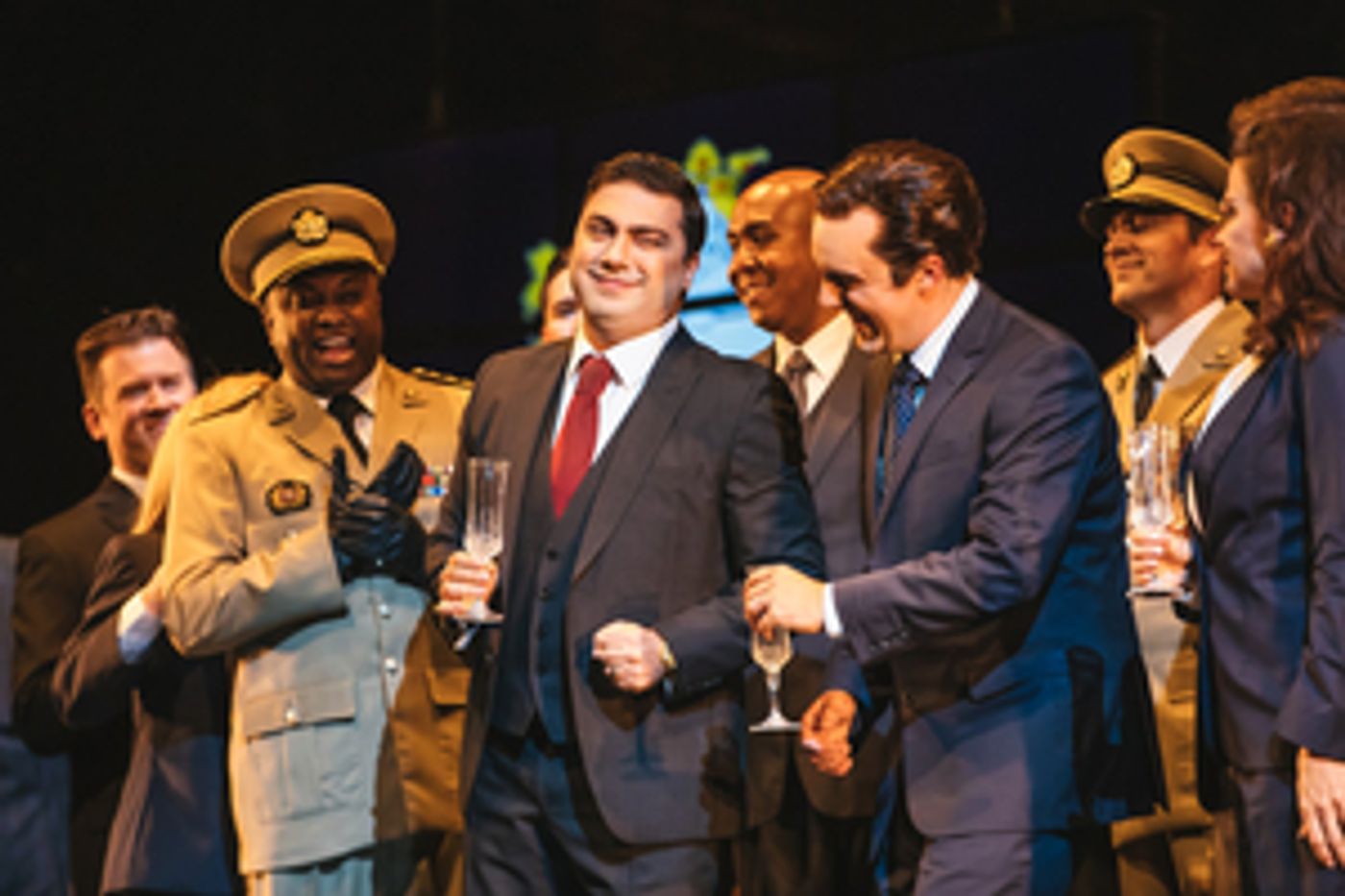Review Roundup: RIGOLETTO at Seattle Opera; What Did The Critics Have To Say?

For years, Lindy Hume, stage director of Seattle Opera's August production of Rigoletto, has been frustrated by the way opera celebrates misogyny through its "bad boy" characters. In beloved works such as Don Giovanni, Carmen, and Tosca, sopranos must rehearse how to fall, how to be stabbed, brutalized, and thrown across the room, behaviors they would never accept in real life.
"In 2019, if opera aspires to be a future-focused art form, then it must evolve and be responsive to a changing society," Hume says. "This history of telling stories about women being raped, murdered, and abused in opera is right there in front of us, either to explore, or to ignore."
Hume's passion and hunger for more women's perspectives in opera inspires her contemporary Rigoletto, which plays Aug. 10-28 at McCaw Hall. Under the baton of Maestro Carlo Montanaro, the company's beloved Verdi conductor, the production includes the return of celebrated Seattle Opera artists including: Lester Lynch (Di Luna, Il trovatore; Crown, Porgy and Bess) in the title role, Emily Fons (Laurene Powell Jobs, The (R)evolution of Steve Jobs) as Maddalena, and Ante Jerkunica (Sarastro, The Magic Flute) as Sparafucile. Madison Leonard (Frasquita, Carmen and Chrisann Brennan, The (R)evolution of Steve Jobs) and Soraya Mafi (Flora, The Turn of the Screw) alternate as Gilda. The performance also includes several principal debuts.
Let's see what the critics have to say?
Gavin Borchert, The Seattle TImes: Hume's two previous productions for Seattle Opera have been comedies, Rossini's "Count Ory" and "Barber of Seville," and she brings out several comic touches here, too, unfortunately including one ill-advised idea that nearly kills the mood of the abduction scene. But "Rigoletto's" darkest joke is that Sparafucile, the hit man Rigoletto hires to take care of the Duke - sung powerfully by Ante Jerkunica - is one of the opera's very few characters with an unshifting moral code. On top of that, a staging decision is made here that actually makes him halfway heroic. The irony caps wonderfully this compelling and provocative staging - lots of theatrical excitement but no easy answers.
David Gordon Duke, Vancouver Sun: Everyone in the cast contributed to the production's considerable success but it is Hume's theatrical vision that was exceptional. Sets range from a crushingly grand representation of the Duke's palace (complete with banks of video screens) to sketchy glimpses of a bus shelter, a dive bar, rooms in Rigoletto's shabby home, often in disquieting motion as if to emphasize the fragility of the powerless.
Jason Victor Serinus, San Francisco Classical Voice: The greatest singing actor of the production was opening night's Rigoletto, dramatic baritone Lester Lynch. Gifted with a large, multi-hued voice whose warm core inspires empathy and compassion, Lynch made of Rigoletto a complex, multi-dimensional human being whose repellent swings between acrid jest, self-condemnation, and victim/persecutor were tempered by a father's deep love for his daughter. His instrument does not fully have the dark, spiteful bitterness possessed by some notable Rigolettos, but his vocal beauty and emotional honesty made for a deeply touching, vulnerable portrayal. Lynch's gift for bringing out the tender, wounded heart that motivates Rigoletto left me mesmerized.
Reader Reviews

Videos

